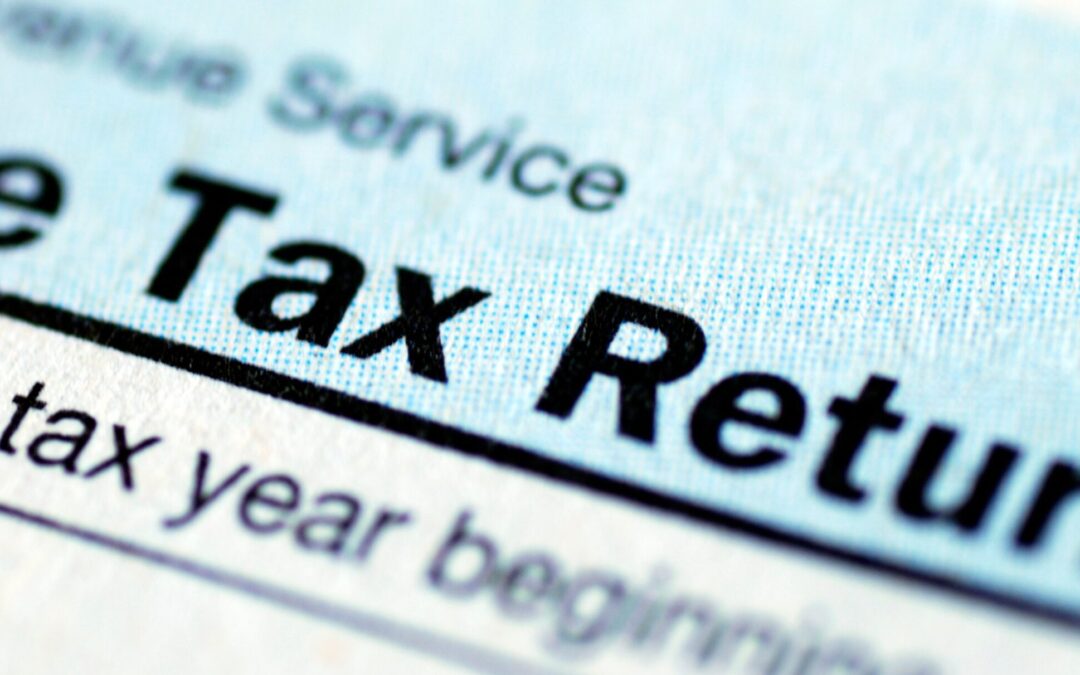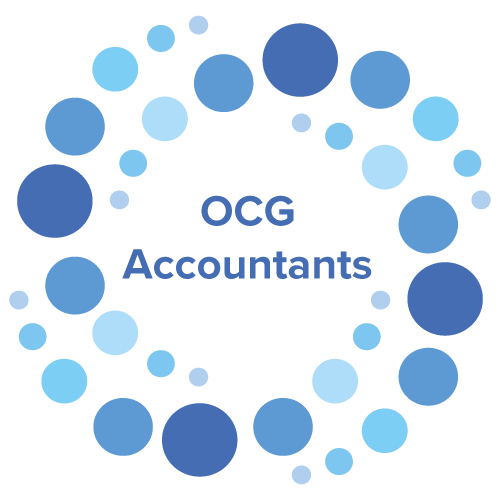Articles and Expert Opinion from the Team

Capital Allowances – what can YOU claim?
Skip the details and speak directly to our Capital Allowances specialist through our Group company OCG Accountants
What are Capital Allowances?
Capital Allowances are a tax relief practice which allows taxpayers to deduct capital expenditure against their annual taxable income. They allow businesses to claim for certain types of capital expenditure, thus reducing the amount of corporation or income tax owed. This can include expenditure on all types of commercial property. The government set specific rates for different categories, determining for how much you can claim each year. They can be a really useful way for a business to manage their tax burden.
In the Spring budget 2023, the then chancellor announced the abolishment of the tax regime for Furnished Holiday Lets’. Read our article on how it affects Furnished Holiday Lets here. He also introduced a measure known as ‘full expensing’. This allows companies to claim a 100% first-year deduction on qualifying capital expenditure for plant and machinery (see list below of what this covers) from March 23 to April 26. This was then made permanent in the Autumn budget of the same year.
The current Chancellor, Rachel Reeves, didn’t directly make changes to Capital Allowances in this year’s autumn budget, however she did introduce raises in business taxes overall, which may potentially affect the utilisation of capital allowances.
The most important factor to consider is the impact this could have on your business, additionally they are not granted automatically – they must be claimed! The capital allowances that are referred to above i.e. full expensing, are not available on buildings, structures or land. These capital allowances are available to businesses who need equipment (plant and machinery) to provide their services.
The capital allowances that apply to property, buildings, structures and land are; annual investment allowance (AIA), main rate pool, special rate pool, or structures and buildings allowance (SBA). These capital allowances can be applied to both individuals and companies with the exception of SBAs which are for companies only.
There are many types of capital allowances, but here are the main 3 types:
Annual investment allowance (AIA)
In most cases you can deduct the full cost of these items from your profits before using tax. These include
- Items you intend to use in your business, like cars
- Costs of demolishing
- Some fixtures, such as fitted kitchens and bathroom suites
- Installations of plant and machinery or integral features in buildings
You should be claiming repairs as business expenses if you are a sole trader or partnership. Deduct from your profits if you’re a limited company.
If you let a residential property you can only claim for items if you run a furnished holiday letting business, or if the item is to be used in the common parts of a residential building.
First year allowance (FYA)
You can claim 100% of first year allowances in addition to AIA, as long as you do not claim both for the same expenditure. You can claim FYA on:
- Electric cars
- Storage tanks, pumps etc
- Electric vehicle charging points
Full Expensing and 50% first year allowance
Only companies can claim full expensing. You can claim against the cost of certain items, but they must have been bought from 1st April 2023, be new and unused.
You can see why this is a complex situation!
However, these are worth exploring with a Capital Allowance specialist as there is no time limit on them (bar first year allowances).
Our process
We have a dedicated Capital Allowances team within our corporate group ready to assess your situation and potential claim. Our team advise clients how best to utilise the identified unclaimed capital allowances. They have the ability to take into consideration clients’ existing tax position, the potential for tax refunds and potentially any Group or Sideways relief. We will also go further, discussing how the identified capital allowances could improve your current and future tax position.
To contact the team directly, please click here









